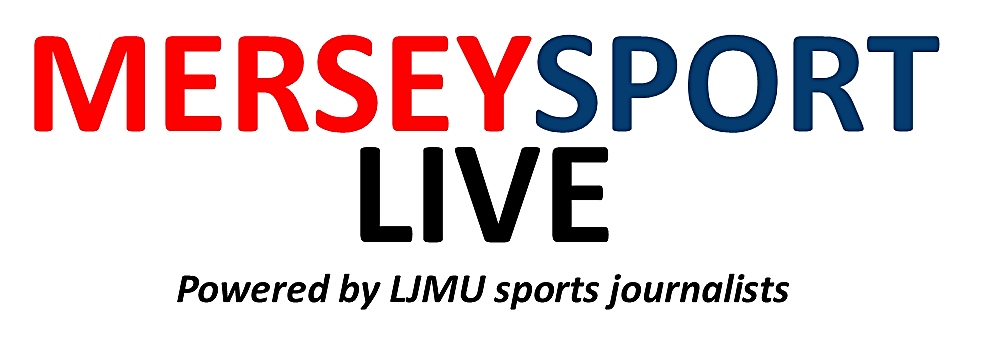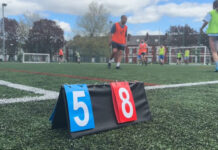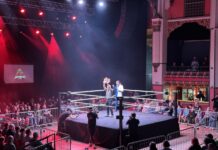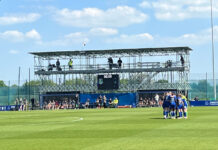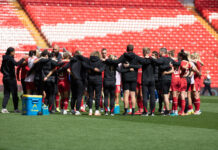As Jurgen Klopp becomes the second Liverpool manager to earn Freedom of the City after Bob Paisley, it raised the question, what does this mean for the Reds boss?
The 55-year-old become the second non-Scouser to be granted the honour, following Nelson Mandela in 1994.
The tribute once held huge rights and privileges such as being able to walk a flock of sheep anywhere round the city or have control of trade. They would have had a say in running the city, being able to make an input on big decisions, and it was also said that any military unit that earned Freedom of the City would have been able to march through the city, waving flags and bayonets, banging drums as they passed.
The first recipient of the Freedom of the City in Liverpool was Lieut. General Sir Andrew Clarke GCMG CB CIE, who was a British soldier and governor, earning the honour on the 7 July 1886.
Today the term is more of a title, awarding you with a ceremony respecting what someone has done for the city and acknowledging them for their efforts. However, along with the privileges, the honour once meant that you had to fight for and defend the city at all costs.
Take a look inside Liverpool Town Hall, as Jürgen Klopp was officially awarded the Freedom of the City of Liverpool ❤️ pic.twitter.com/0X4vDowNZG
— Liverpool FC (@LFC) November 3, 2022
Despite the change in times, the German manager promised that he would always still always stick up for the city.
Said Klopp: “I’m not 100% sure, but one of the duties is to defend the city, or in the past it was. I know they meant it differently but I will, with words, forever.”
Freedom of the City ceremonies are not held often, and Klopp being granted the tribute validates just how well he’s done for the city on and off the pitch over the last seven years.
He added: “The city of Liverpool is home, that’s how it is. We arrived here more than seven years ago, from the first moment people are very open, very friendly.”
Klopp has won six major trophies with Liverpool since his appointment on October 8, 2015 – the Champions League, UEFA Super Cup, FIFA Club World Cup, Premier League, Carabao Cup and Emirates FA Cup.
